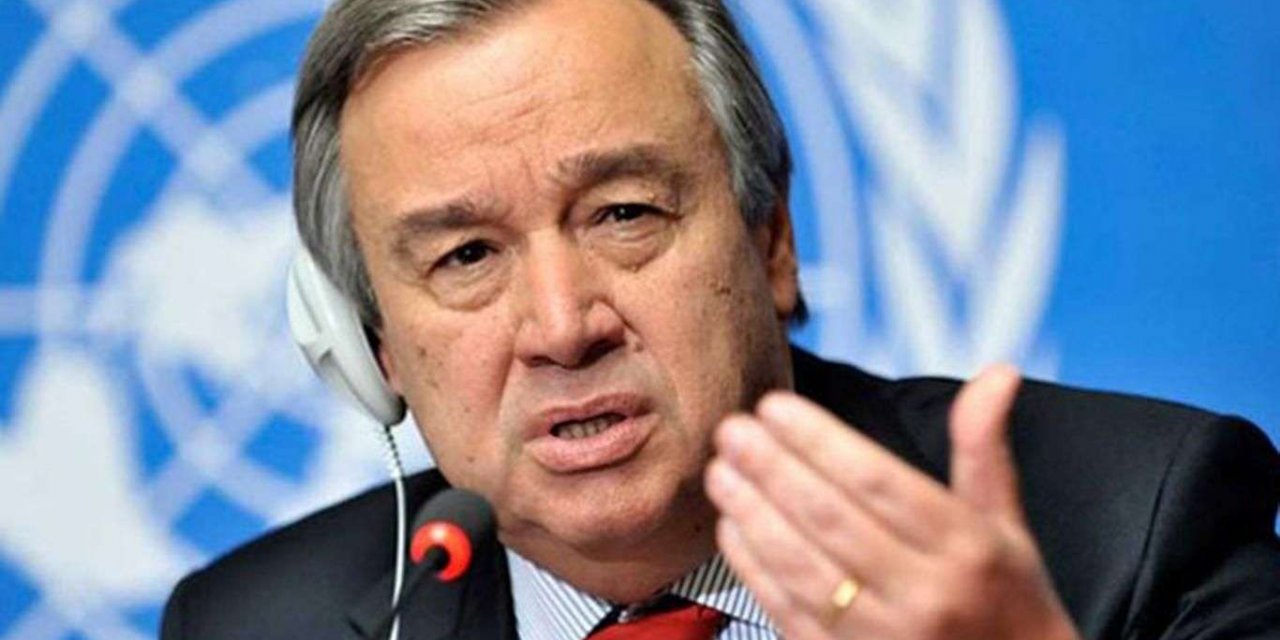
UN expresses concern over situation at Belarus-Poland border
“The Secretary-General is following with concern the situation at the Belarus-Poland border,” a U.N. spokesman said.
“He reiterates the importance of ensuring that migration and refugee issues are dealt with according to humanitarian principles and international law. Such situations should not be used for political purposes and become a cause of tension between States,” U.N. spokesman Stephane Dujarric said.
The UN High Commissioner for Human Rights, Michelle Bachelet, today said that she is appalled that large numbers of migrants and refugees continue to be left in a desperate situation in near-freezing temperatures at the Belarus-Poland border. She urged the States involved to take immediate steps to de-escalate and resolve this intolerable situation in line with their obligations under international human rights law and refugee law.
Bachelet stressed that the strong security-focused and politically charged responses on both sides – including through the increased deployment of troops – and accompanying inflammatory rhetoric, serve only to heighten the vulnerability and risks that migrants and refugees face.
The High Commissioner noted that several people have already died over the past few months and emphasized that governments in the region cannot stand by and allow more lives to be lost.
Belarus–European Union border crisis is a migrant crisis manifested in an influx of several tens of thousands of migrants, mainly from Iraq and Africa, to Lithuania, Latvia, and Poland via those countries' borders with Belarus.
The crisis was triggered by the severe deterioration in Belarus–European Union relations, following the 2020 Belarusian presidential election, the 2020–2021 Belarusian protests, the Ryanair Flight 4978 incident, and the attempted forced repatriation of Krystsina Tsimanouskaya.
The crisis began in the early summer of 2021 when Lukashenko threatened to introduce human traffickers, drug smugglers, and armed migrants to Europe. Later, Belarusian authorities and state-controlled tourist enterprises, together with some airlines operating in the Middle East, started promoting tours to Belarus by increasing the number of connections from the Middle East and giving those who bought them visas, ostensibly for hunting purposes. Social media groups were additionally offering fraudulent advice on the rules of crossing the border to the prospective migrants, most of whom were trying to go to Germany. Those who arrived in Belarus were then given instructions about how and where to trespass the European Union border and what to tell the border guards on the other side and were often guided by the guards up until the border. However, those who didn't manage to cross it were often made to stay on the border. The Belarusian authorities did not accept humanitarian aid sent from Poland and were, in some cases, beating up migrants who failed to get across.
Poland, Lithuania, and Latvia have described the crisis as hybrid warfare by human trafficking of migrants, waged by Belarus against the European Union, and called on Brussels to intervene.[2][3] The three EU nations bordering Belarus released a joint statement, condemning the hybrid warfare of sending migrants over the borders.[4] The crisis prompted the three governments to announce their own states of emergency in their border areas, or, in the case of Lithuania, in the whole country. While the Lithuanians managed to stem the flow of migrants, the other two states were less successful in doing that. Because of the crisis, Lithuania and Poland announced their decision to build a border wall on their borders with Belarus. The populations of the affected EU member states are in general supportive of the extraordinary measures, but human rights organizations voiced concerns over the usage of the prohibited policy of asylum seeker pushbacks by Lithuanian and Polish border guards, the denial of the possibility to lodge an asylum claim, as well as inadequate food, water and shelter for the migrants, the latter of which was a subject of the European Court of Human Rights (ECHR) order.
Kaynak:![]()



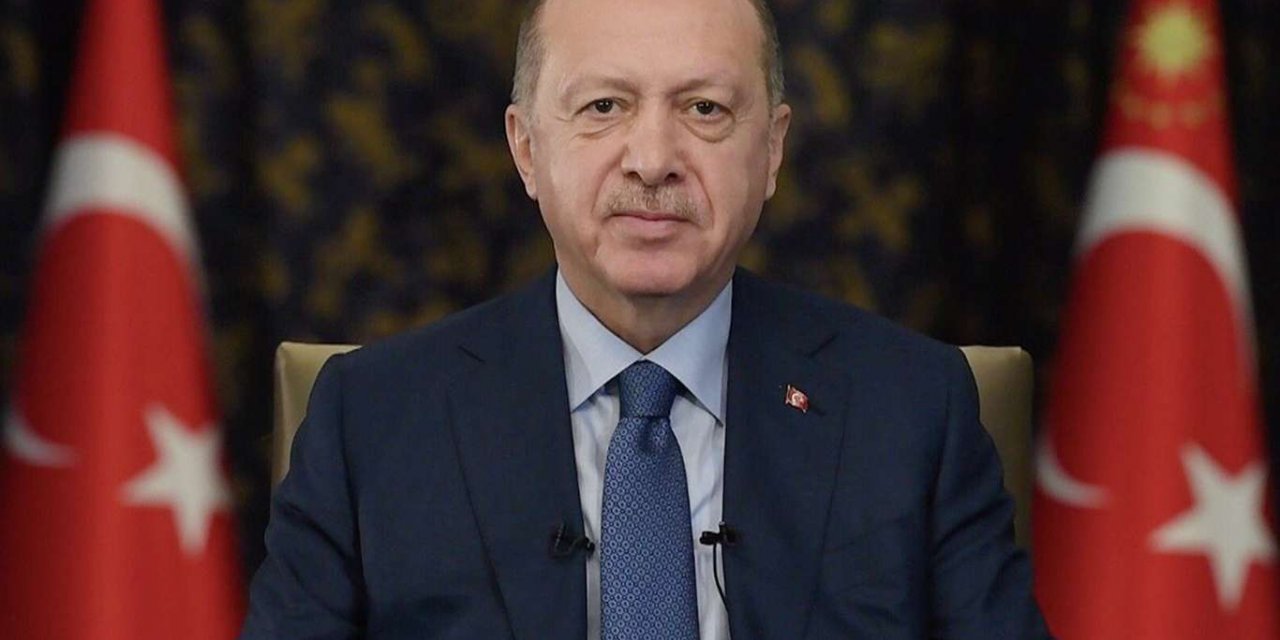

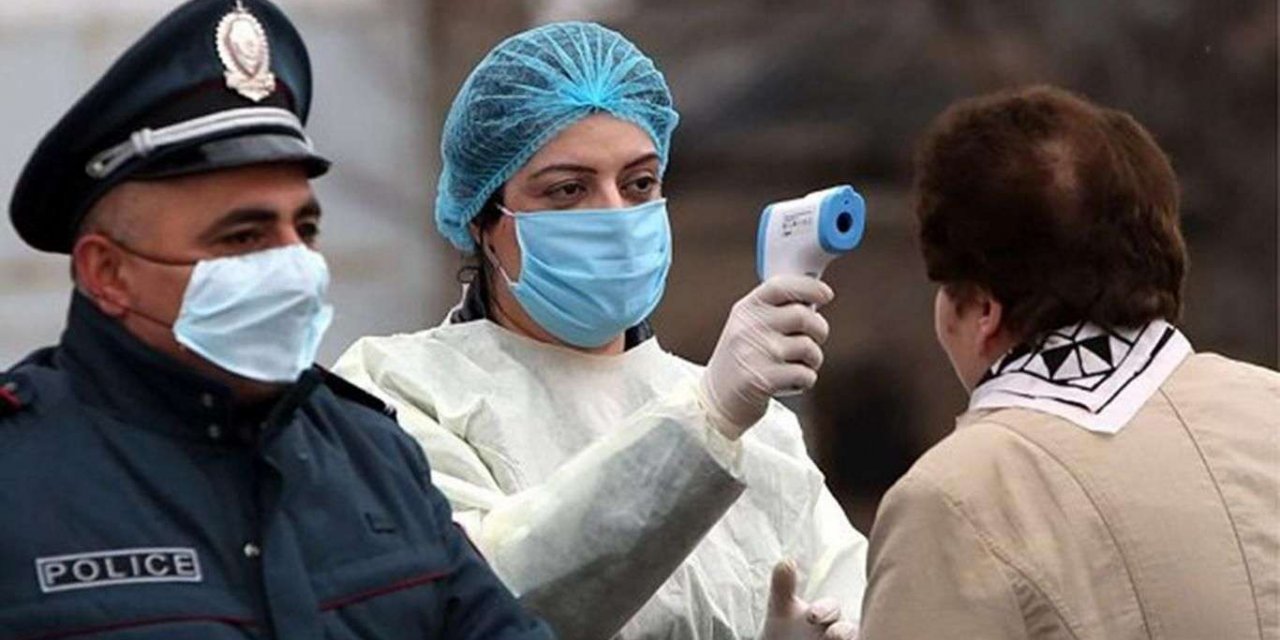
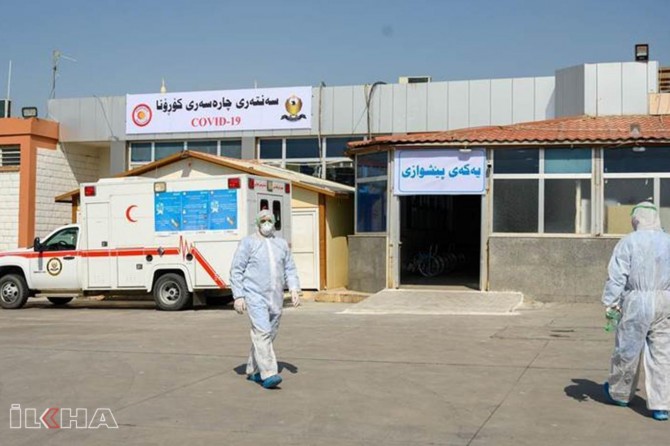
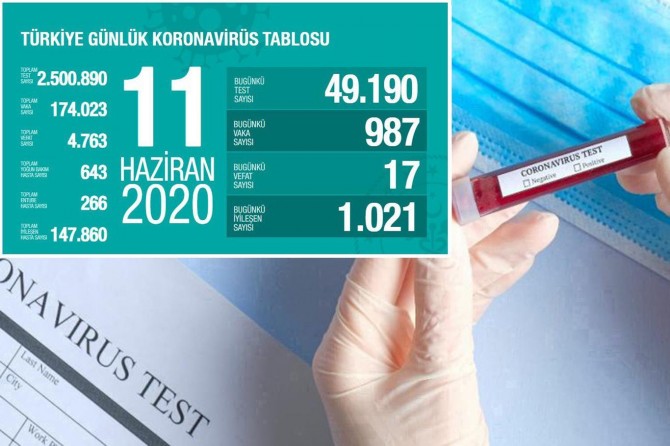
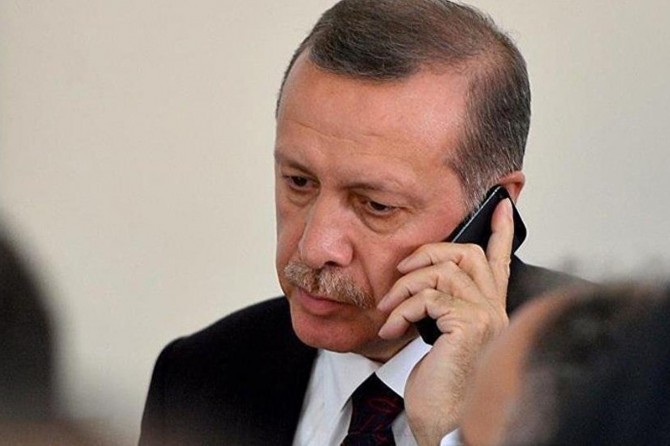
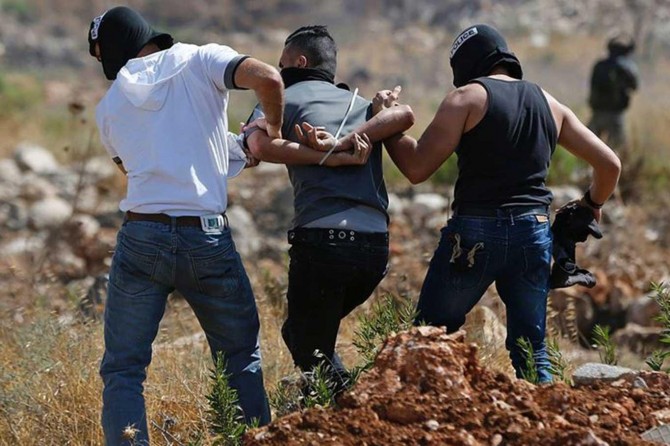
Türkçe karakter kullanılmayan ve büyük harflerle yazılmış yorumlar onaylanmamaktadır.